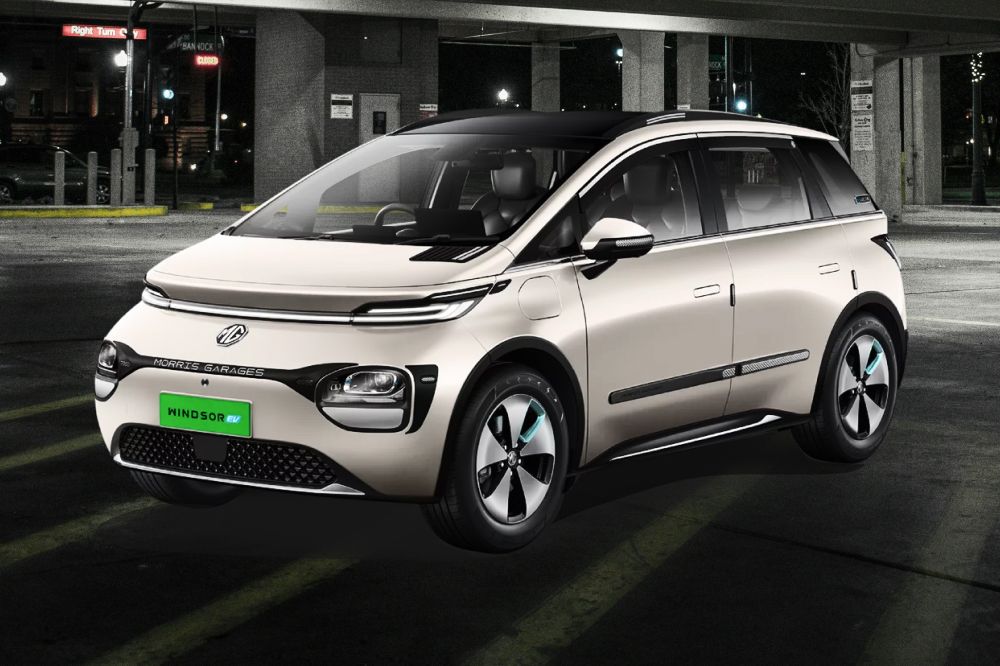Battery as a Service (BaaS): An Attempt to Replace the Petrol Economics with Battery
Published On 23/9/2024, 3:40:40 pm Author Zeeshan AliJust like you never owned the petrol that fuels your car, you won’t own the battery that powers your EV in a BaaS model. This shift could normalize the idea of "subscribing" to energy, but at a fraction of the cost of petrol. In fact, BaaS has the potential to democratize EV ownership by reducing the initial purchase price and making running costs much lower than traditional gasoline vehicles.

Key Highlights
- Subscription Model: Similar to petrol, BaaS allows EV users to lease or swap batteries, lowering upfront vehicle costs.
- Cheaper Running Costs: BaaS reduces ongoing expenses, making EVs more affordable than petrol cars.
- Global Shift: Companies like NIO are successfully using BaaS, driving worldwide adoption of this business model.
You must have come across the term Battery as a Service (BaaS) after the release of the MG Windsor. MG is offering a battery rental at ₹3.5 per kilometer, and even if you include the electricity cost, it's around ₹4.5 per kilometer—still nearly 50% cheaper than running a petrol car. The idea is simple: buy the car, rent the battery, and pay per kilometer. This drastically reduces the upfront cost of the vehicle, making it more affordable to own an electric car.
However, if you decide to buy the battery outright, the initial cost will be steep, but your running expenses will drop by up to 80% compared to a petrol vehicle. This creates two clear pathways: either reduce the purchase price with a battery rental or invest upfront for long-term savings.
Shifting from Petrol to Battery Economics
This BaaS model mirrors the petroleum industry in an interesting way. Just like how you keep paying for petrol after buying a car, with BaaS, you're subscribing to a battery service.
The key difference? EVs are significantly cheaper to run.
BaaS removes the high barrier of battery costs, allowing more people to jump on the electric vehicle bandwagon. The cherry on the cake is MG's buy-back option after three years. They’re offering up to 60% resale value, making it an attractive choice for daily commuters who drive less than 50 km a day. This adds another layer of appeal, especially when compared to petrol cars.
Not only do you save on running costs, but the loan amount on the vehicle is also lower, thanks to the reduced upfront price. This new economics of renting the battery and the buy-back program is a bold move, and it’ll be interesting to see how people perceive it in the coming years. It may just redefine how we think about owning and running cars.
MG’s strategy of earning through battery rentals mirrors Rockefeller's idea of controlling the fuel while providing the machine. Just like Rockefeller dominated the oil industry by controlling the flow of fuel, MG is positioning itself to control the energy source for electric vehicles. By offering the car and managing the battery supply, they are tapping into a recurring revenue stream that could potentially reshape the future of transportation economics.
















